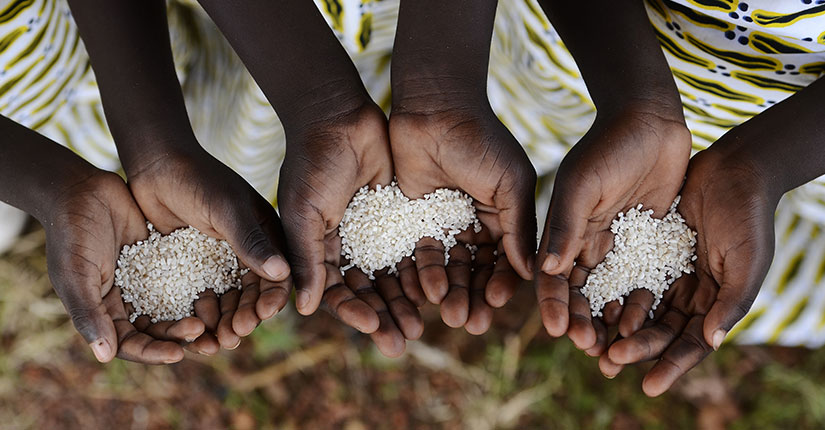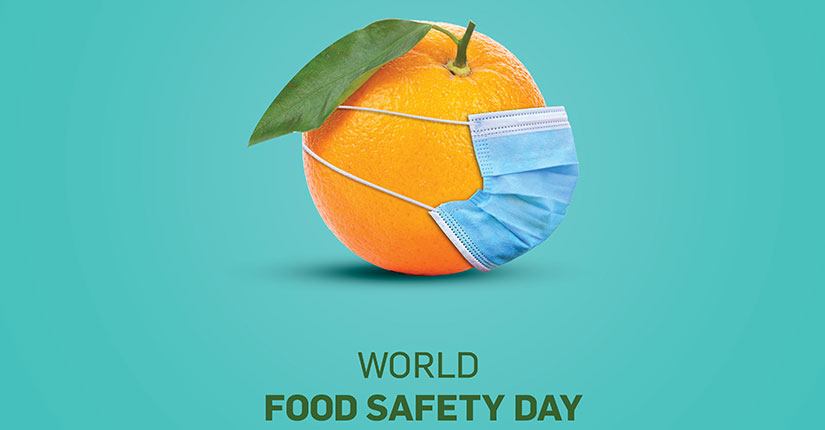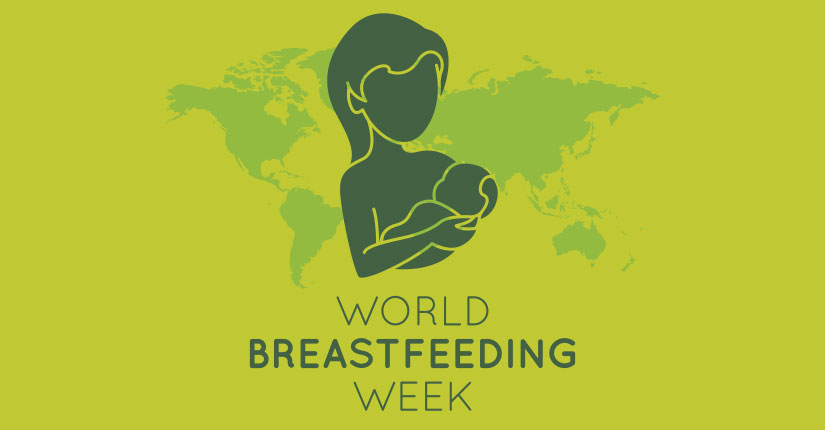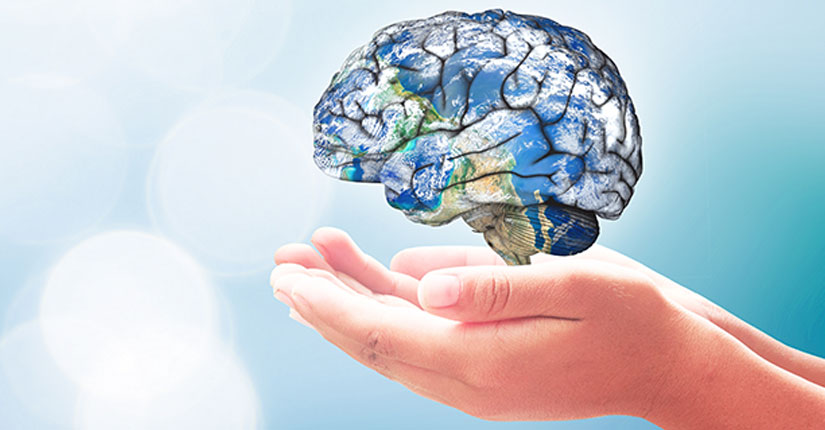Your Basic Guidelines about Sexually Transmitted Diseases (STDs)
By Nmami Life Editorial 22-Feb 2020 Reading Time: 4 Mins

A quick understanding of STDs
STDs also known as sexually transmitted diseases is a type of infection transmitted by the means of sexual intercourse, caused by bacteria, viruses or parasites. Various forms of STDs include chlamydia, genital herpes, genital warts, and gonorrhea, some forms of hepatitis, syphilis, HIV and trichomoniasis.
STDs are known as venereal diseases or VD. STDs are often referred to as the most common contagious diseases and can be transmitted to others by physical contact. The statistics of this disease are getting worse with each passing day and today more than 65 million are suffering from incurable STD. People age 15 to 24 are generally vulnerable to this type of disease.
In order to prevent these from spreading STDs require proper treatment and check-ups. Some STDs like HIV can be life-taking as there are no treatments to cure them.
Causes of STDs
The microbes that are responsible for STDs hide in semen, blood, vaginal secretions, and sometimes saliva. A person can get STD from sexual intercourse which can be from vaginal, anal, or oral sex. You can also get trichomoniasis when you get in contact with the wet or moist objects like towels, clothes, or toilet seats of an infected person. Genital herpes and genital warts can be spread by getting in contact with the skin of the infected person. Hepatitis B can be spread by coming in contact with the infected personal items like toothbrushes or razors.
You are more prone to STDs if:
- You get involved with more than one sex partner
- You don’t use protection while having sex
- You share needles while injecting drugs
Symptoms of STDs
- Sores and bumps near the mouth, penis, or vagina
- Redness and itchiness near the penis or vagina
- Skin rashes
- Problems in urination
- Weight loss
- Loose stools
- Night sweats
- Pain in the body
- Fever and chills
- Yellow and pale skin (jaundice)
- Vaginal and penis discharge
Prevention of STDs
Try to avoid any sexual intercourse with the infected person or someone who has genital sores, rashes, discharge, or other symptoms. Unprotected sexual contact is not safe and is one of the major reason for STDs. If you are sexually active with more than one people try to conduct tests in between the gap of six months.
In order to prevent STD, you should definitely:
- Use protection while having sexual intercourse. Usage of latex condoms can protect you from having any kind of STD.
- Try to avoid sharing towels or personal stuff and underclothing of the person who is suffering from STD
- Wash your privates before and after sexual intercourse
- Get check-ups for HIV in between the gap of 6 months and make sure you got vaccines done for hepatitis B.
- Stay away from the usage of drug and alcohol
Footnote
The sexually transmitted disease is one of the dangerous diseases that can even be life-taking. Proper treatment of this disease is extremely important in order to save a life.


















